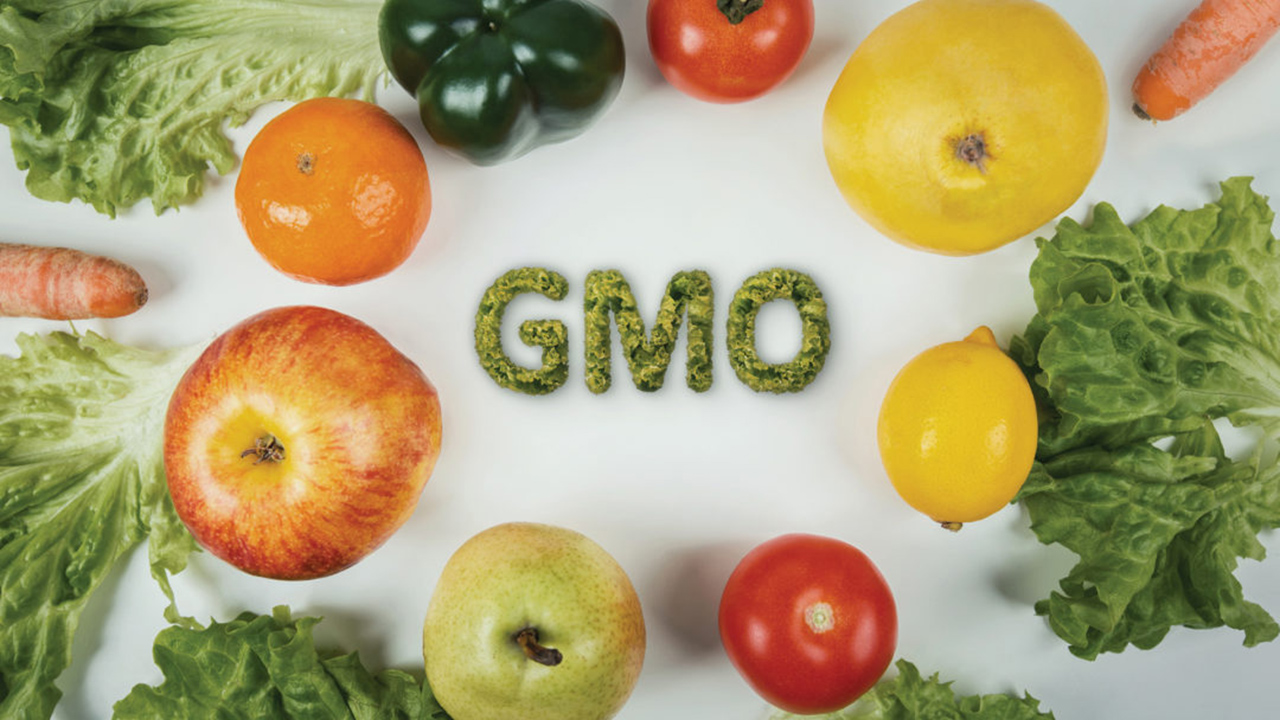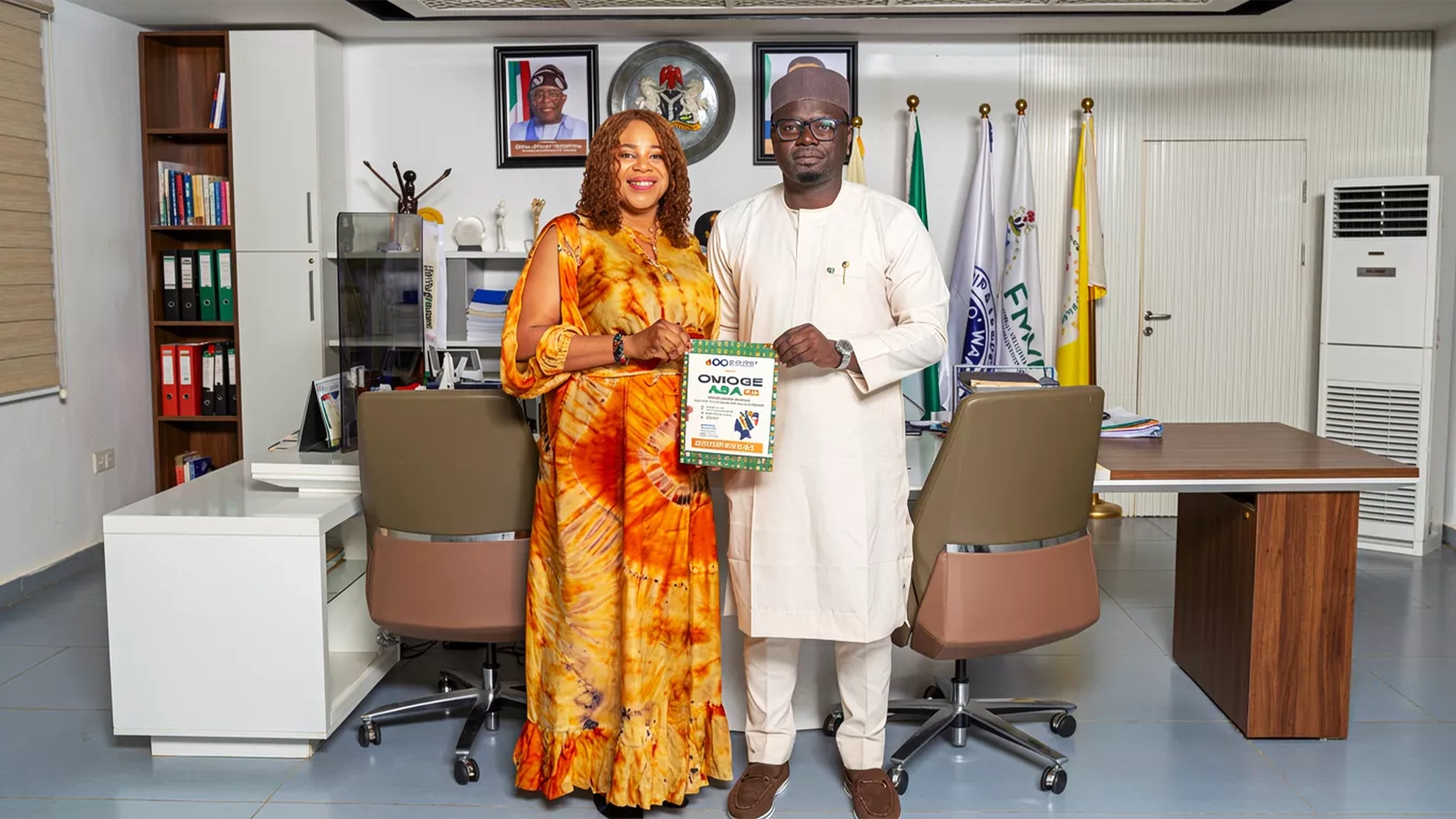
The ongoing discourse over the approval of Genetically Modified Organisms (GMOs) in Nigeria has placed two critical institutions – the National Agency for Food, Drug Administration and Control (NAFDAC) and the National Biotechnology Development Agency (NABDA) – at odds. While the NABDA supports GMOs as a solution to food insecurity and agricultural advancement, NAFDAC is raising concerns about public safety and the potential risks that these technologies may pose, AMEH OCHOJILA reports.
As Nigeria contemplates the future of its agricultural innovations, two key institutions, the National Agency for Food, Drug Administration and Control (NAFDAC), which is responsible for protecting public health, and the National Biotechnology Development Agency (NABDA), which is charged with driving scientific and technological advancements in biotechnology, are at odds on the approval of Genetically Modified Organisms (GMOs).
At the centre of this battle (which is about accepting GMOs in Nigeria) are concerns about public safety and innovation. While NABDA champions GMOs as a solution to food insecurity and an avenue to advancing Nigerian agriculture, NAFDAC’s cautious approach reflects public skepticism and concerns about potential health risks of GMOs.
On the other hand, NAFDAC’s cautionary stance is also shaped by its role as the guardian of public health. The agency is concerned about the long-term health and environmental effects of GMOs, stressing that Nigeria must proceed in this direction with caution to protect its citizens from potential risks.
NAFDAC’s reservations also resonate with a public that remains skeptical about rapid technological change, owing largely to misinformation and a lack of understanding of biotechnology.
This divide is further widened by the absence of a unified regulatory framework. While Nigeria has taken steps to regulate GMOs, overlapping responsibilities between these institutions have deepened the rift, hindering progress in a sector that could transform the country’s food security and agricultural economy.
Again, what is happening portrays the critical need for a clear demarcation of roles and agency collaboration. Rather than working at cross purposes, NABDA and NAFDAC must find common ground where safety and innovation coexist. The rift also underscores the lack of a unified regulatory framework, which hampers progress in a sector that could revolutionise the country’s agricultural landscape.
However, it is important to note that the two agencies are making attempts to address this mistrust. For instance, both agencies attempted to foster some kind of collaboration in a recent meeting.
At the meeting, NBDA’s Director General, Dr Agnes Yemisi Asagbra, highlighted the historical cooperation between NBDA and NAFDAC, citing a 2017 Memorandum of Understanding (MoU).
She stressed that no genetically modified (GM) food has ever been approved without NAFDAC’s involvement, underscoring the shared responsibility in ensuring food safety.
Asagbra called for stronger ties between the agencies, not just from a regulatory standpoint, but also to reassure the public.
Earlier on, NAFDAC’s Director General, Prof. Mojisola Adeyeye, had expressed concerns about the safety of GMO foods in Nigeria, citing insufficient research to prove their safety for human consumption.
She maintained that while GMOs might be safe for non-food purposes, there is no conclusive evidence from NAFDAC regarding their suitability as food.
She reaffirmed NAFDAC’s commitment to stringent safety evaluations, ensuring that no GM food poses a health risk to Nigerians.
However, Asagbra believes that NAFDAC’s position on the issue undermines NABDA’s mandate and discredits years of work in promoting GMO technology in the country.
She stressed that the NABDA is legally responsible for regulating GMOs and ensuring their safe application in the country, urging NAFDAC to correct its position.
Asagbra further noted that NAFDAC’s position could damage public trust in GMO technology, and question the Federal Government’s stance on bio-safety.
One of the key outcomes of the meeting between the two agencies was the formation of a Technical Working Group (TWG) that would oversee joint projects, risk assessments, and regulatory matters, including the labeling of GM foods. This initiative marks a significant step towards aligning both agencies’ efforts, pooling resources, and enhancing their capacity through training exchanges and shared IT infrastructure.
NABDA views GMOs as the future of Nigerian agriculture, which will offer solutions to food insecurity, enhance crop yields, and build climate-resilient food systems. The agency argues that scientific evidence supports the safe use of GMOs, and Nigeria must embrace this technology to compete globally.
This general atmosphere has also reignited broader concerns about GMOs, which explains why environmentalists and agriculture experts are warning of potential health risks, environmental degradation, and the erosion of indigenous seed varieties.
Industry observers also fear that farmers could be put in a vulnerable position and made to be dependent on multinational seed producers.
However, their disagreement is more than just a bureaucratic squabble; it’s a struggle over how Nigeria balances innovation with public safety and the need for clear legislative pronouncement.
While NABDA sees GMOs as a way to address food insecurity, boost agricultural output, and compete on the global stage, NAFDAC is majorly concerned about public safety, in line with its enabling mandate.
For NABDA, GMOs represent progress and an opportunity to increase crop yields, reduce dependence on pesticides, and create more resilient food systems in the face of climate change.
In their view, NAFDAC’s reservations are stifling the country’s ability to harness the benefits of biotechnology. Although NABDA acknowledges the need for safety, it argues that scientific evidence supports the safe use of GMOs and that Nigeria cannot afford to fall behind in the global biotechnology race.
Intending to fix the gaps, the House of Representatives weighed in and urged the Federal Government to suspend the commercialisation of GM crops in Nigeria amid food and environmental safety concerns.
This decision followed the adoption of a motion on the need to investigate the introduction of GM crops in Nigeria, moved by Muktar Shagaya (APC-Kwara) during plenary. The House mandated its Committee on Agricultural Production and Services to conduct a comprehensive investigation into GMO introduction in Nigeria. It also instructed the committee to assess the potential health and environmental risks associated with GM crops and report back within four weeks.
The Green Chamber also called on the Federal Government to suspend the introduction of new genetically modified crops until an investigation by its Committee on Agricultural Production and Services is completed and the findings are made public.
Environmentalists on their part are arguing that commercialising GM seeds could have far-reaching consequences in the country and across Africa. Beyond health and environmental concerns, critics believe that GMO technology violates the principles of “food sovereignty” because these seeds are often patent-locked and privatised, potentially weakening the position of African farmers and leading to the depletion of indigenous seed banks.
By implication, farmers would have to depend on GM seed manufacturers yearly for certain crops, creating a cycle of dependency.
Industry observers believe that misinformation and a general lack of understanding of biotechnology made NAFDAC’s cautious approach more appealing to a populace that often feels skeptical of changes. NABDA, in contrast, has struggled to win over public opinion and seems to do everything to carry out its mandate, but sensitising the public about the benefits of GMOs.
Despite their assurances that GMOs are safe and beneficial, the agency has been unable to dispel the deep-seated fears of many Nigerians, who remain suspicious of the technology and its potential consequences.
While Nigeria has taken steps to regulate GMOs, the guidelines remain fragmented, with overlapping responsibilities that have only deepened the divide between NAFDAC and NABDA. Without a unified approach, the country risks stalling progress in a crucial sector that could transform its economy and food systems.
Additionally, experts believe that both agencies can collaborate for the success of the country. They stress that rather than working at cross-purpose, NAFDAC and NABDA need to find a common ground; one where safety and innovation are not seen as mutually exclusive. Only by fostering trust, both between the agencies and with the public, can Nigeria effectively navigate the GMO debate and build a future that embraces biotechnology while protecting its citizens. This rift is not just about science and policy; it’s about the path Nigeria chooses for its future in a rapidly changing world.
According to Douglas Ubankwa, a lawyer, the GMO’s regulatory framework is scant and in between. “It appears to be an uncharted territory as the Nigerian government has not put systems and structures in place to regulate the cultivation and processing of GMOs. This has led to a lacuna in our legal system, which requires an expeditious legislative process to ensure a structured GM Food Spectrum,” he said.
He, however, said the rift between the two government agencies was unnecessary as NBDA is by law expected to approve GMO into the country.
For Jerry Aondo, a senior lawyer, even though Nigerian courts are yet to decide major GMO cases, international rulings such as Monsanto v. Schmeiserand; Bowman v. Monsanto provide guidance on protection and regulatory compliance.
He explained that under Section 39 of the National Biosafety Management Act (NBMA Act 2015), law enforcement officers and the National Biosafety Management Agency (NBMA) are empowered to inspect and seal non-compliant premises, laboratories, farms, and other facilities to ensure adherence to the Act.
Aondo further stressed that penalties are imposed on those who provide false information regarding GMOs, with fines of at least N2,500,000, or up to three years imprisonment for individuals, and N5,000,000 for corporate bodies under Section 36 of the Act.
He emphasized that the NBMA Act 2015, and the National Biosafety Regulation 2017 authorise GMO approval while ensuring public safety, with the NBMA as the sole regulatory authority for biosafety and GMOs in Nigeria.
Also contributing, an Abuja-based lawyer, Monday Ikpe, maintained that NABDA
has the mandate by law to approve GMOs into the country, stressing that there was no need for an inter-agency squabble between NAFDAC and NABDA.
For Emmanuel Ekwe, another Abuja-based legal practitioner, there is no basis for any operational conflicts between NAFDAC and NABDA. This, he said, is because their job descriptions are spelt out by the legal instruments establishing them.
According to him, they only require a capacity-building workshop to enable them to learn and stick to their roles.
He explained that the NBMA is tasked with regulating the development, handling, and use of GMOs to ensure safety for human health and the environment, as outlined in the National Biosafety Management Act of 2015. This, he said, includes conducting rigorous safety assessments before granting approvals for any GMO.
On the other hand, NAFDAC, he said, plays a complementary role, particularly in assessing the safety of GMOs intended for consumption.
Ekwe noted that NAFDAC’s involvement is crucial because it reviews food safety assessments and ensures that GM foods meet health standards before they can be marketed.
“Sometime in July 2024, both agencies established a collaborative framework to enhance food safety oversight, ensuring that no GM food permits are issued without NAFDAC’s involvement.
“Thus, while NBMA has the primary regulatory authority, NAFDAC’s role is integral to the approval process for GMOs intended for human consumption,” he declared.






